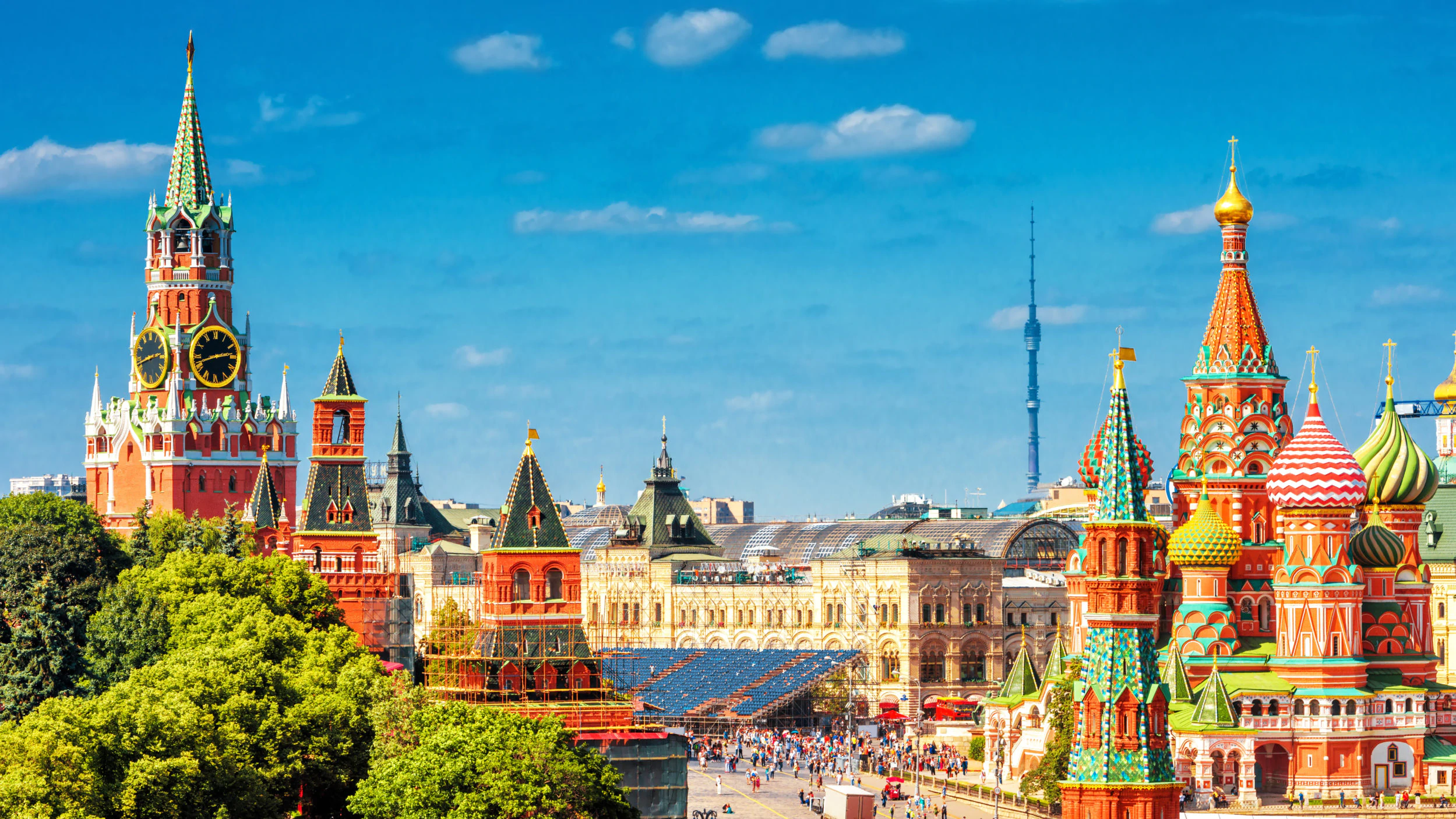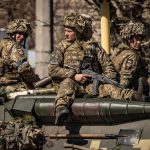In the Russian Federation, ideological preparation for war was intensive for several years. It was done professionally and on a large scale. But they missed an important point – they never created a battle cry to unite everyone who shares the ideals and principles of Russia’s policy. Therefore, this niche was filled by the cry of the actor Okhlobystin, who is the “mouthpiece” of the Kremlin’s ideology.
Why is it needed?
This is a significant shortcoming since in the Armed Forces of Ukraine such a slogan “Glory to Ukraine! – Glory to heroes!” has existed for a long time.
The letters Z and V as symbols of the realization of SMO goals are uncomfortable in oral speech. A battle cry should consist of at least one syllable, because vowels are convenient to shout loudly, unlike consonants.
The battle cry has been a necessity for armies since ancient times. It has several important functions:
- During the battle, the cry made it possible to identify your own soldiers.
- In seconds, it allowed actualizing in the memory all the ideological nuances for which you have to fight.
- To feel unity with associates.
- Feel the rush of adrenaline. Crying out a keyword before a fight triggers the production of a hormone that dulls fear and causes a growth of energy. This feature is used for both soldiers and athletes.
Frequent repetition transfers all this into the level of reflexes and is fixed in the social subconscious for a long time.
Origin
“Goyda!” in its modern form was first heard from Okhlobystin at a concert on September 30, 2022, on the occasion of the annexation of the occupied Ukrainian territories: the DPR, the LPR, and part of Zaporizhzhia region.
Okhlobystin called it like an ancient Russian cry. It causes surprise among historians because in that period only Kyivan Rus existed, and Russia was not yet.
The word comes from the Tatar language and entered the Slavic languages during the wars with the Tatars. Later it began to appear in the times of the Oprichnina. Its meaning is close to “let’s begin” or “let’s start”.
Is it a good option?
Sociologists and historians have said that “Goyda” is a good option for a modern battle cry for two reasons:
- It should include voiced consonants. Hissing and voiceless ones do not cause the necessary emotions. In this word, all consonants are from the voiced group.
- The call consists of two syllables. The fewer syllables, the easier it is to chant in the chorus.
Specialists in neuro-linguistic programming and historians emphasize that the more complex the ideology and the higher the intellectual level of the masses, the more syllables are allowed. The lower the average level of education in society, the higher the level of exaltation from the use of a call.


